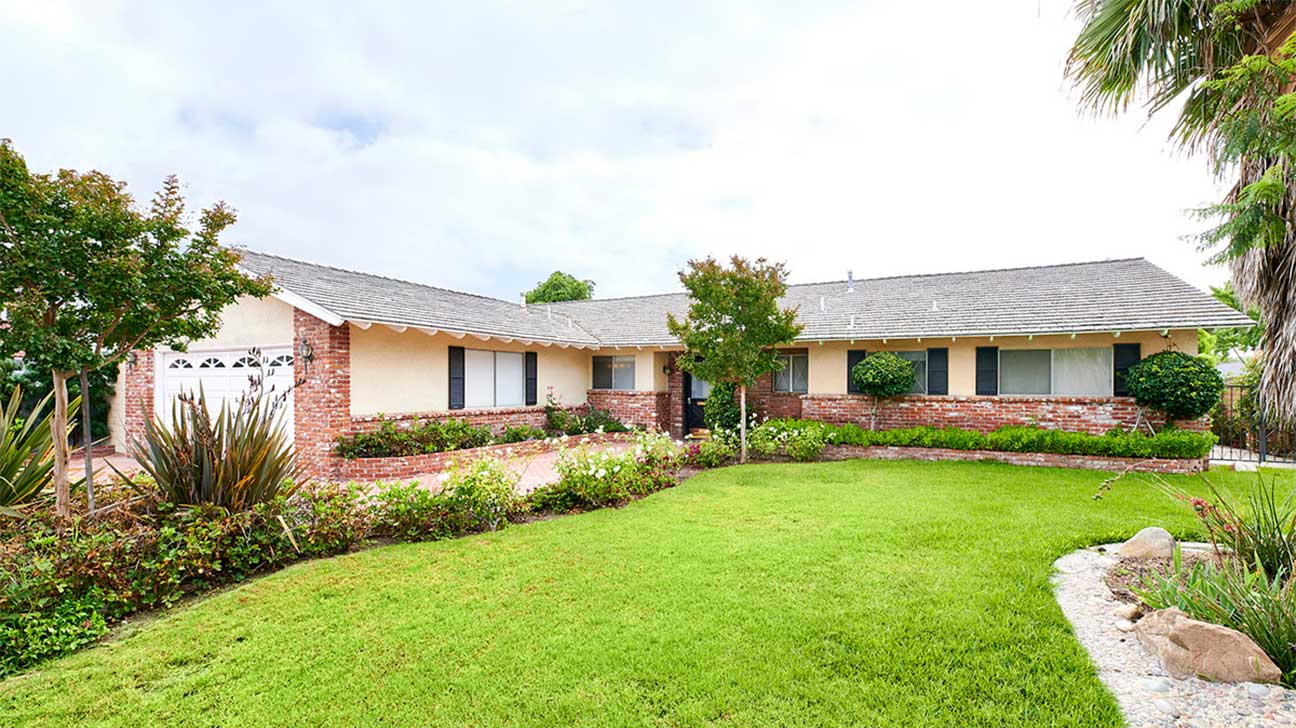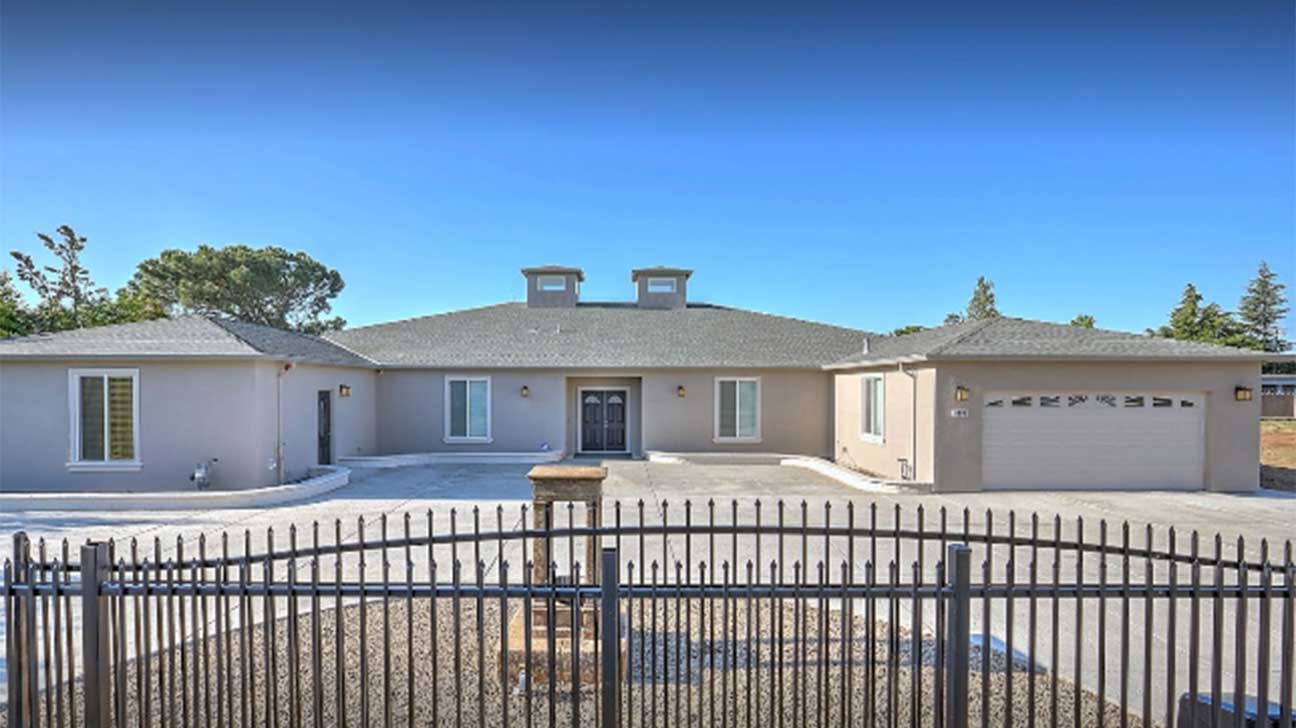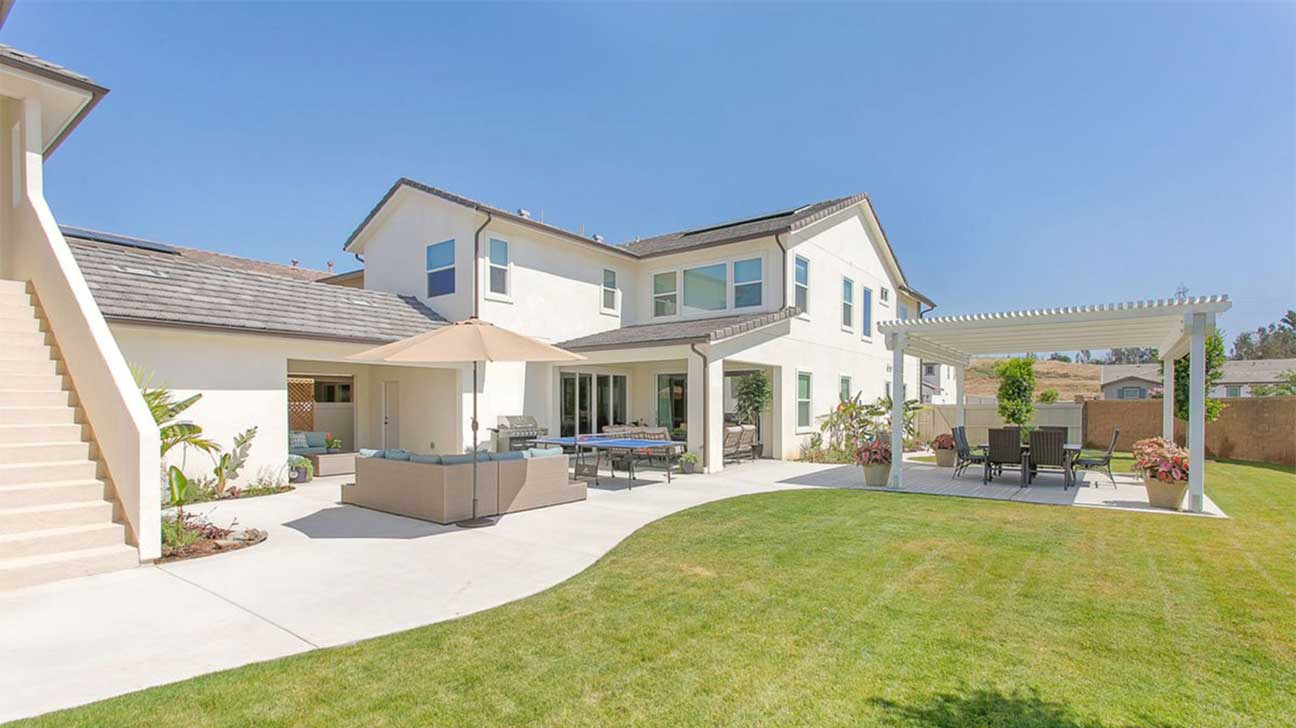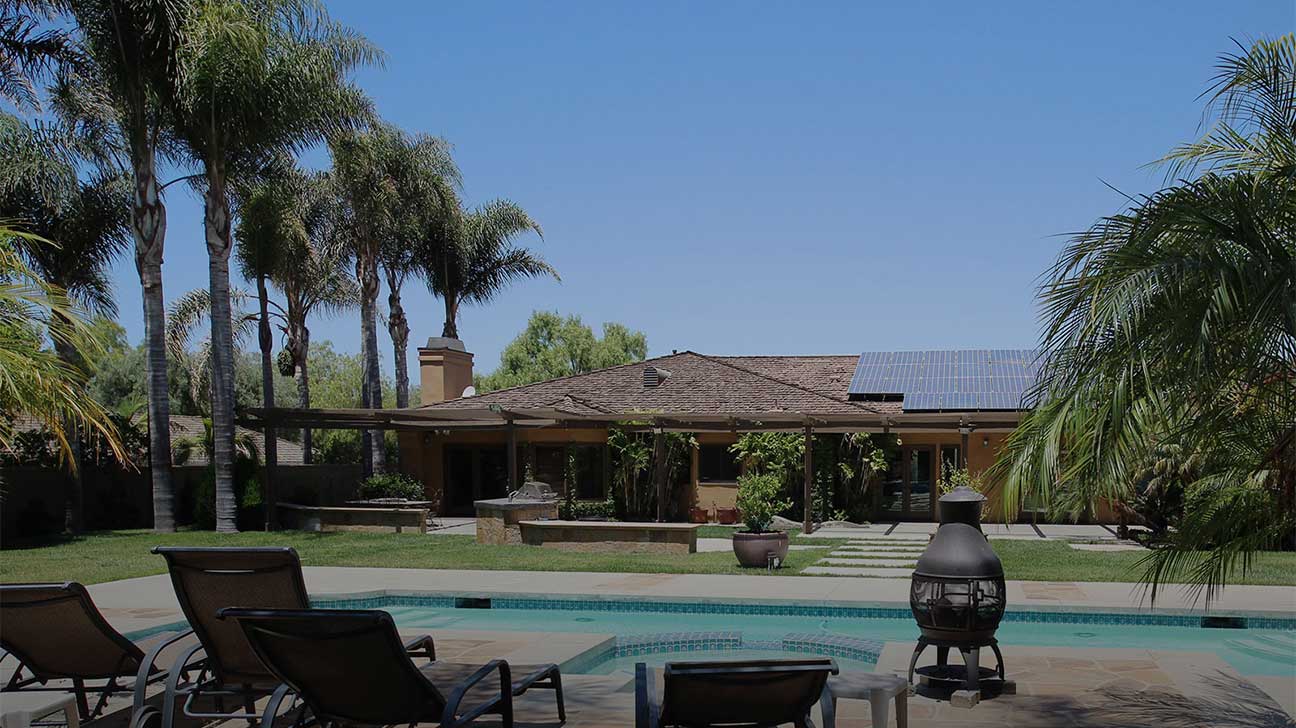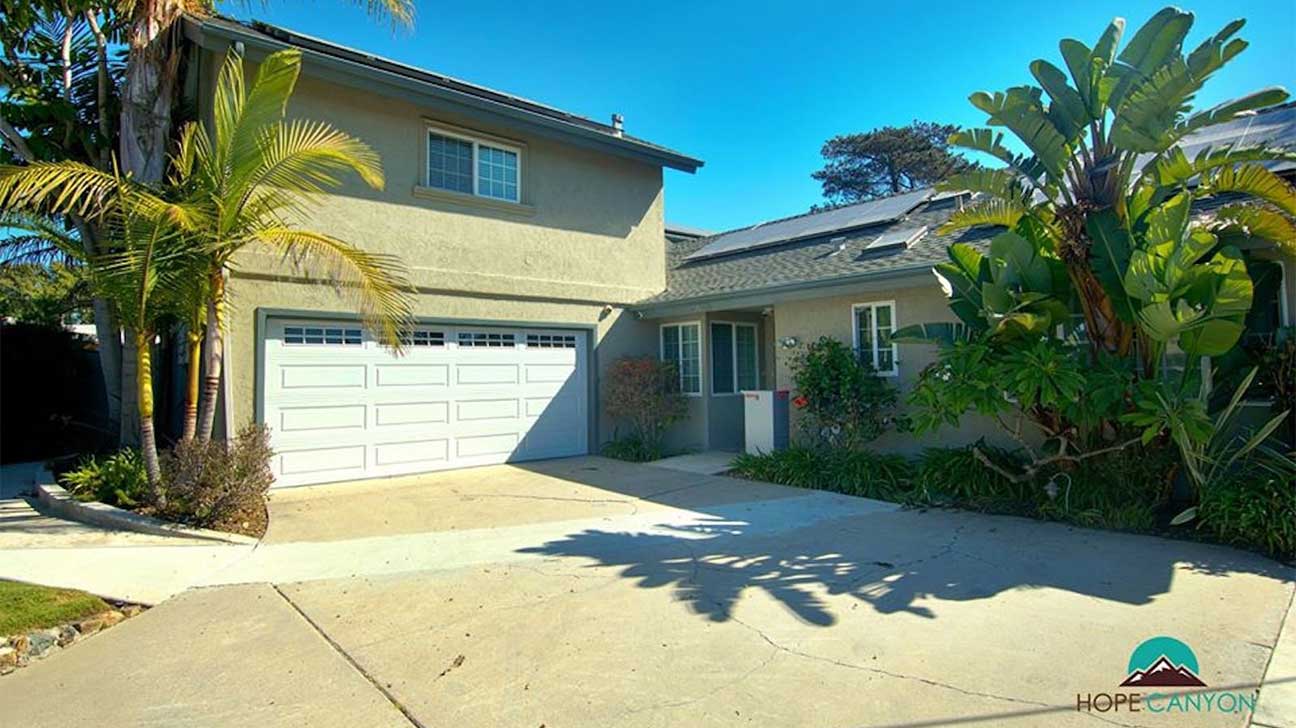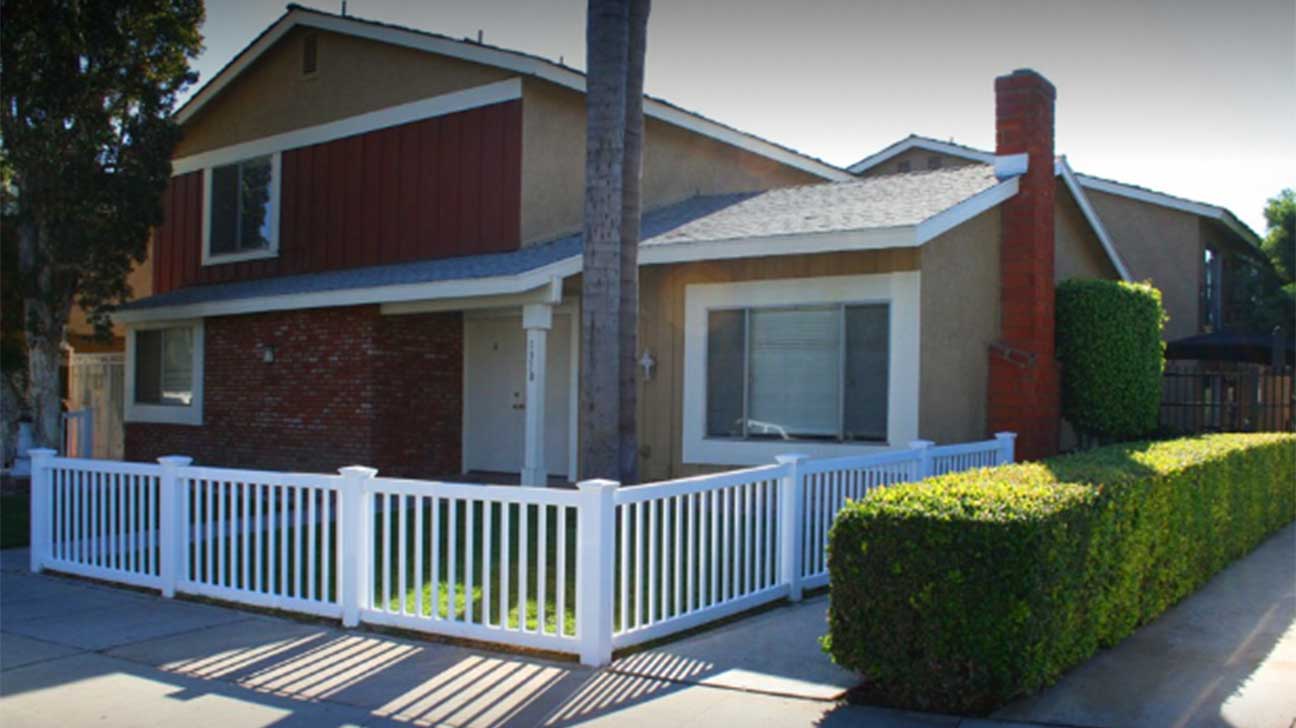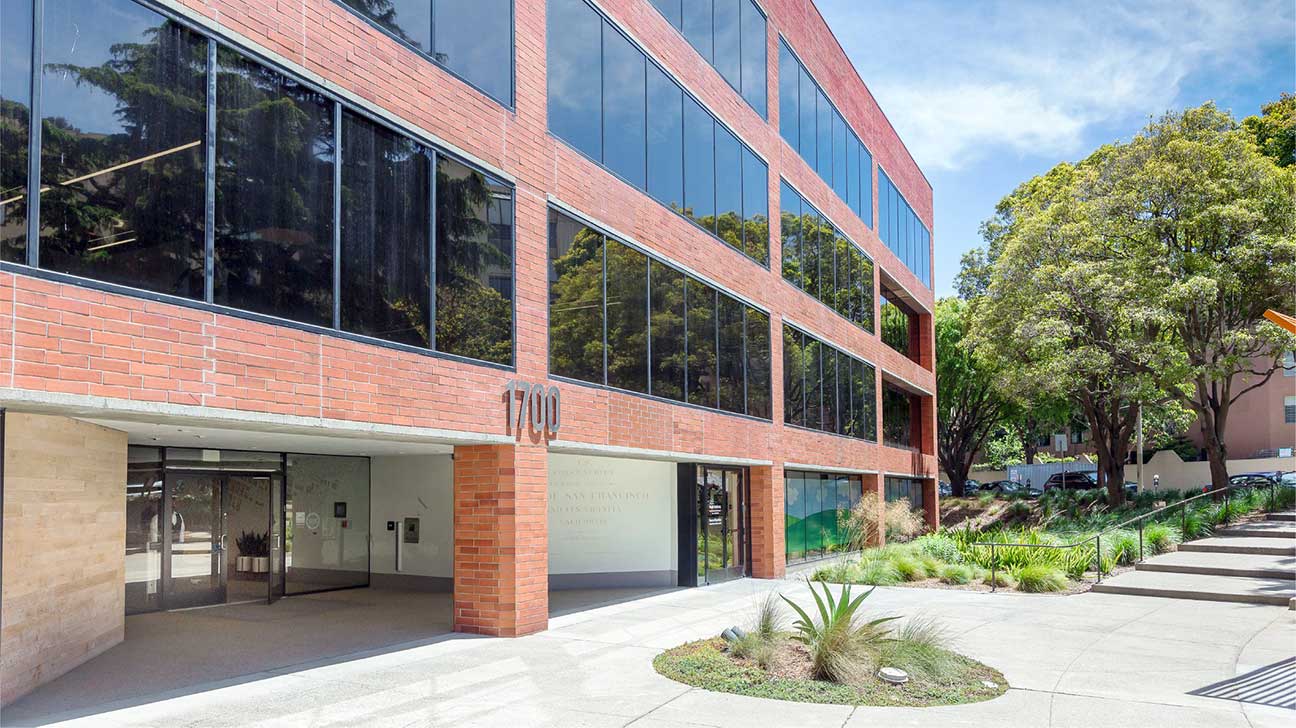
If you have a diagnosis of substance abuse with a mental illness, such as depression or generalized anxiety disorder (GAD), this is called a dual diagnosis.
Dozens of dual diagnosis treatment centers in California are qualified to administer therapeutic and medical treatment for co-occurring disorders.
List Of Dual Diagnosis Treatment Centers In California
Below are dual diagnosis rehab centers in California that have been selected based on accreditation, certifications, licensure, and other marks of quality.
1. Clear Life Recovery, Costa Mesa, California
Clear Life Recovery offers residential and outpatient treatment for co-occurring disorders as well as drug and alcohol addiction in Costa Mesa, CA.
This addiction treatment center uses:
- cognitive behavioral therapy (CBT)
- group addiction therapy
- individual addiction therapy
- holistic treatment, such as biking and outdoor activities
Clear Life Recovery is certified by LegitScript and backed by client testimonials and a 4.7-star rating on Google.
Location and contact information:
2822 Monterey Ave.
Costa Mesa, CA 92626
(844) 961-2176
2. Diamond House, Sacramento, California
Diamond House is a residential and outpatient treatment facility for mental health and addiction treatment in Sacramento, CA, as well as other locations in that metro area.
This treatment center addresses anxiety, depression, PTSD, and other disorders that co-occur with drug and alcohol addiction.
Diamond House uses behavioral therapy and medication where appropriate. You can also find support groups through this treatment plan for yourself as well as family members.
Diamond House is backed by Joint Commission accreditation, testimonials on its website, and a 4.8-star rating on Google.
Location and contact information:
6808 Fleming Ave.
Sacramento, CA 95828
(800) 205-6107
3. Harmony Grove Recovery, Escondido, California
Clients can get dual diagnosis treatment at Harmony Grove Recovery for mental health issues like trauma or anxiety along with addiction recovery treatment in Escondido, CA.
Addiction treatment programs here offer opioid and alcohol detox plus residential and intensive outpatient treatment. They also offer mental health treatment for children, adolescents, and adults.
Clear Life Recovery is supported by the following:
- Joint Commission accreditation
- licensure through the California Department of Health Care Services (DHCS)
- a 5-star Google rating
Location and contact information:
21734 Amble Dr.
Escondido, CA 92029-4800
(760) 697-0497
4. The Hills Treatment Center, Los Angeles, California
Multiple levels of care are available here, including inpatient treatment, residential treatment, family services, and aftercare for alcohol and drug addiction in Los Angeles, CA.
Top qualities of this recovery center include:
- LegitScript certification
- a 4.5-star Google rating
- Psychology Today verification
The residential treatment program treats co-occurring disorders and dual-diagnosis patients.
Treatment can address addiction and:
- bipolar disorder
- anorexia nervosa
- bulimia nervosa
- anxiety disorders
- post-traumatic stress disorder (PTSD)
Location and contact information:
8207 Mulholland Dr.
Los Angeles, CA 90046
(844) 915-0287
5. Hope By The Sea, San Juan Capistrano, California
Hope by the Sea provides a specialized dual-diagnosis treatment program for individuals with PTSD, anxiety, and depression, as well as substance use disorders near Laguna Niguel, CA.
Addiction recovery programs here include detoxification, residential treatment, outpatient treatment, sober living, and extended residential treatment.
Hope By the Sea features:
- LegitScript certification
- Joint Commission accreditation
- a 4-star rating from 100 Google reviewers
Location and contact information:
33171 Paseo Cerveza
San Juan Capistrano, CA 92675
(949) 539-0140
6. Hope Canyon, San Diego, California
Hope Canyon is certified by LegitScript and accredited by the Joint Commission for alcohol and drug abuse treatment in San Diego, CA.
They offer a partial hospitalization program (PHP) that treats co-occurring mental health conditions.
A few of the treatment options for addiction and mental health conditions include:
- CBT
- family therapy
- group therapy
- optional faith-based drug rehab programs
Location and contact information:
2821 Lange Ave.
San Diego, CA 92122
(844) 359-3945
7. Lighthouse Treatment Center, Anaheim, California
The Light House Treatment Center offers treatment for mental disorders that coincide with addiction treatment in Anaheim, CA.
This recovery center features trusted qualities, such as:
- Commission on Accreditation of Rehabilitation Facilities (CARF) accreditation
- Psychology Today verification
- 4.7 stars on Google
The Light House also uses a combination of evidence-based and holistic treatments, including dialectical behavior therapy (DBT), CBT, experiential therapy, and yoga.
Location and contact information:
1310 W. Pearl St.
Anaheim, CA 92801
(866) 811-3656
8. Foundations San Francisco, San Francisco, California
Foundations San Francisco offers a dual diagnosis intensive outpatient program (IOP) for mental health disorders and drug and alcohol abuse treatment in San Francisco, CA.
Dual diagnosis is the singular focus of this treatment which uses a combination of behavioral and mental health therapies to treat co-occurring disorders. You will also find 12-step programming and holistic treatments available here.
Foundations San Francisco is accredited by the Joint Commission and uses master’s level clinicians.
Location and contact information:
1700 Montgomery St.
San Francisco, CA 94111
(415) 917-2392
Types Of Treatment For Co-Occurring Disorders At Rehab Centers In California
You will typically find two basic approaches to treating co-occurring disorders. The first approach is clinical.
Dual diagnosis treatment involves intensive therapy in the following modalities:
- dialectical behavior therapy
- contingency management
- cognitive behavioral therapy
- therapeutic communities
- assertive community treatment
The second approach is medical. Just as there is medication-assisted treatment for opioid or alcohol use disorders, there is medication that can help manage the symptoms of mental illness.
How Common Is Dual Diagnosis In California?
According to the National Alliance on Mental Illness, about 9.5 million people in the U.S. experience dual diagnosis.
It has further been estimated that about half of the people who have a substance use disorder also have a mental health disorder.
The California Healthcare Foundation estimates that about 500,000 Californians have a dual diagnosis or co-occurring mental health and addiction disorders.
How To Choose A Dual Diagnosis Program In California
Below you’ll find three of the top features a California dual diagnosis rehab program should have.
Specialized Dual Diagnosis Programs
There’s a difference between rehab facilities that offer mental health treatment and those which specialize in dual diagnosis clients with co-occurring disorders.
Be sure to select a substance abuse treatment program that provides treatment targeted at treating both mental health and substance use disorders together.
Evidence-Based Treatment For Co-Occurring Disorders
Select a treatment facility that uses evidence-based treatment for dual diagnosis clients.
This could include behavioral therapy, detoxification, medication-assisted treatment, group therapy, family therapy, and more.
Types of behavioral therapy you can look for include:
- cognitive behavioral therapy
- dialectical behavioral therapy
- trauma-informed therapy
- motivational interviewing
Treatment For Specific Co-Occurring Disorders
Of the treatment centers that offer dual diagnosis treatment in California, not all treat every type of co-occurring disorder.
Review the drug and alcohol treatment facility’s website or speak with their addiction specialists to determine whether you can get treatment for the mental health issue you’re facing.
Commonly treated co-occurring disorders include:
- addiction and mood disorders
- addiction and attention deficit disorder (ADD)
- addiction and psychotic disorders such as schizophrenia
- addiction and codependency
- addiction and eating disorders
California Dual Diagnosis Treatment FAQs
Find answers below to commonly asked questions about dual diagnosis programs in California.
Does California Dual Diagnosis Treatment Have To Occur In A Residential Setting?
No, dual diagnosis treatment can occur in an outpatient setting as well.
Inpatient and outpatient treatment can be beneficial to clients for separate reasons.
Some people need the opportunity that residential or inpatient treatment provides to be away from the stress of life and day-to-day triggers.
Others that have a secure and positive support network may benefit from receiving treatment at a level of care that allows them to live at home.
Others that have a secure and positive support network may benefit from receiving treatment at a level of care that allows them to live at home.
Do LGBTQ-Friendly Treatment Centers Offer Dual Diagnosis Treatment In California?
Many times they do, although you would want to check with the treatment facility to be sure. LGBTQ-friendly rehab centers in California often address more than drug or alcohol addiction.
Some LGBTQ-identifying individuals in treatment have experienced trauma as a part of coming out or other situations, so dual diagnosis treatment can be an important service to provide.
Can I Detox At A California Dual Diagnosis Rehab Program?
Depending on the services available and the level of care you choose, you can often detox at dual diagnosis treatment facilities.
A detox program can sometimes be necessary to help clients withdraw safely and without complications before beginning treatment.
Find Dual Diagnosis Treatment Today
If you or a loved one are facing a mental health and substance use disorder, you can find dual diagnosis treatment today.
Call AddictionResource.net to learn more about starting your recovery journey.
Select a city below to find dual diagnosis treatment nearby:
Updated on March 30, 2023
Addiction Resource aims to provide only the most current, accurate information in regards to addiction and addiction treatment, which means we only reference the most credible sources available.
These include peer-reviewed journals, government entities and academic institutions, and leaders in addiction healthcare and advocacy. Learn more about how we safeguard our content by viewing our editorial policy.
- California Health Care Foundation — In Their Own Words: How Fragmented Care Harms People with Both Mental Illness and Substance Use Disorder
https://www.chcf.org/publication/fragmented-care-harms-people-mental-illness-substance-use-disorder/ - Substance Abuse and Mental Health Services Administration — Co-Occurring Disorders and Other Health Conditions
https://www.samhsa.gov/medication-assisted-treatment/medications-counseling-related-conditions/co-occurring-disorders

